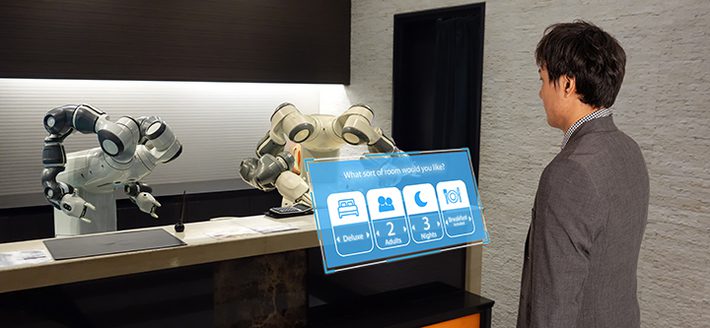
The hospitality industry is getting back on its feet. One survey by TripAdvisor early this year found that 47% of respondents planned to travel internationally, and 74% planned to take at least one overnight domestic leisure trip in 2021. Forecasts suggest the trend will continue with the hospitality market growing to $5,297.78B in 2025, a level substantially higher than what it was in 2020 ($3,486.77B). Meanwhile, hotel chains are busy re-imagining their future with new products, and re-bundling old ones, to woo customers in the new normal. They are creating gourmet products delivered home, contactless payments, and using digitization to help move from physical touchpoints to virtual. They are revisiting customer journeys driven by the demand for greener options, staycations, safety, and hygiene concerns, and innovative payment models. Plus, they are being forced to go asset-light and reduce operational costs. The hospitality industry is susceptible to calamities, but it always bounces back. Enabling the epoch-making “bounce back” is technology.
To make a rapid bounce back, the industry needs to create a high-impact strategy that will allow it to ride the coming upswing in hospitality. It must leverage technology to transform the customer experience, lower costs and create change on the product side. Antiquated Property Management Systems (PMS), Point of Sale (POS), and loyalty management systems that are decades old must be replaced with new products and platforms. One obvious example of the change that is becoming visible is the introduction of mobile keys for rooms in some large hotel chains. This change is a clear demonstration of how technology must be used to reshape the guest experience.
Central to the idea of infusing new technology into hotel systems is to ensure that IT can drive value and become an engine for revenue. Some of the guaranteed paths to doing this successfully are through:
- Focusing on moving from a CapEx model to an OPEX model (which leads to the use of cloud and delivers scale)
- Examining intelligent automation technology to optimize processes and reduce cost
- Enabling new customer journeys, starting with the pre-booking phase, booking, pre-check-in, check out, billing, and post-checkout
The number of operational areas that need an immediate boost from technology can become overwhelming. It is impossible to address every need. Therefore leaders in the industry are ruthlessly prioritizing projects: They are starting with interventions that change F&B ordering systems, creating new ways to personalize content and manage interactions with guests, providing local language support, etc. These are intended to create fresh ways that prompt guests into buying more from the business. For example, if the guest is arriving after a long flight, the business can pre-suggest a massage. It can even personalize the message by digging into guest history and suggesting the type of massage or the oils to use. Looked at one way, the hotel is using data and analytics to acquire a next-level understanding of the guest to put more options before them, so the business can move from selling rooms to successfully selling ancillaries also.
The industry is coming out of a difficult time and therefore these goals can appear to be ambitious. But the key is to make astute use of technology that improves guest experience and reduces costs—without getting into projects that take years to mature and deliver ROI.
Sandeep Kumar
Sr. Vice President & Head Global Consulting
